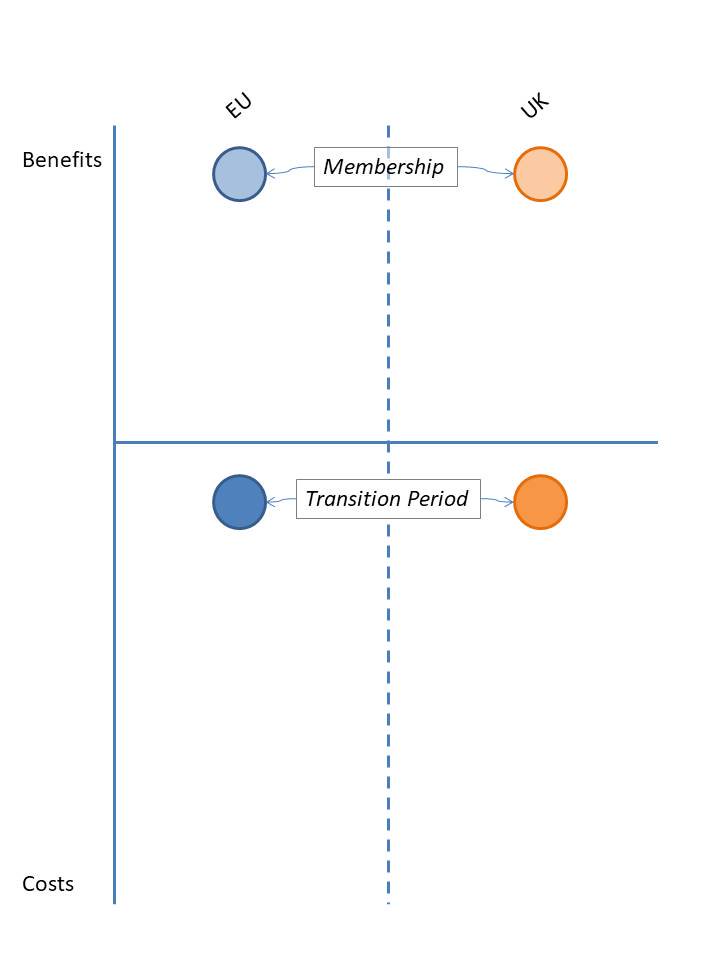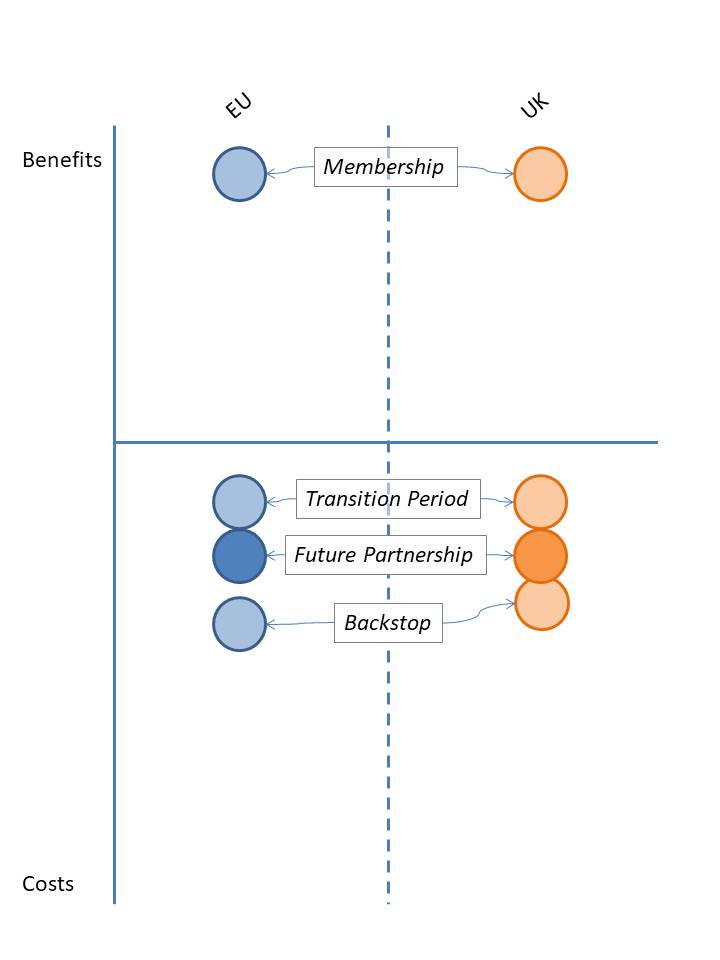1/
How you see the world matters in how you interact with the world
3/
5/
7/
So what next?
Oh yes...
8/
10/
12/
And since that benefit is pretty symmetric, the UK should be heading there too
13/
Well, how the EU sees no-deal affects its actions on these other elements
14/
16/
17/
18/
19/
20/
21/
22/
23/
But there's no sign of that happening
24/
25/
/end











